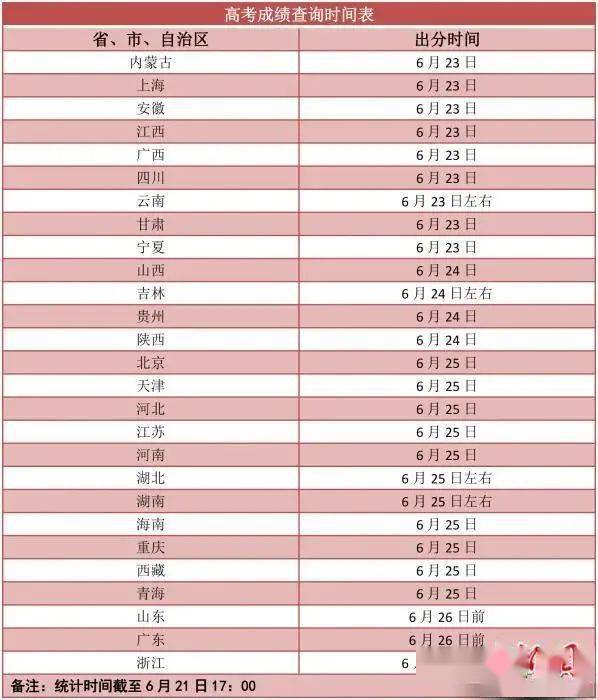Some observers believe China is adopting an old strategy in the South China Sea, which has surpassed former US President Barack Obama to challenge the new White House leader Joe Biden.
Chinese Foreign Ministry spokesman Hoa Xuan Oanh announced on March 22 that Chinese ships appeared in the Ba Dau Rock area of Vietnam’s Spratly archipelago, initially up to hundreds of ships, simply “getting out of the wind” and the Philippines should see the situation as “reasonable”.

Chinese fleets are lined up at the Ba Dau Rock area in the South China Sea. Photo: CNN
Two weeks later, more than 40 Chinese ships remained in the Ba Dau Stone and the statements became more concise. The Philippine Foreign Ministry on April 12 warned China that Manila would issue daily protest diplomatic notes as long as the mainland’s “marine militia” remained in the area. The Philippines authorities have used a phrase similar to the US way of describing the Chinese fleet.
Bloomberg quoted Carl Schuster, former director of missions at the US Pacific Command’s Joint Intelligence Center as commenting: “If your goal is to capture an ocean and atoll, without fighting, this is an excellent dishonesty tactic. Only professional seafarers knew it was a lie. No one allowed their ships to ‘shelter’ in the hurricane zone several weeks before a storm. If they were really commercial ships, it would cost hundreds, if not thousands, of dollars a day to lay these ships idle side by side.
Analysts Andreo Calonzo and Philip Heijmans said Beijing appears to be probing whether the new US President Joe Biden will take any action after pledging to shake hands with allies in the region to prevent Chinese assertiveness or not. Philippine Foreign Minister Teodoro Locsin blamed the Obama administration for failing to stop Beijing in a similar incident in 2012 at Scarborough Shoal.
“This is a test of what the Biden administration is willing to do. The way the US responds will determine the next challenge. For now, everything we (the US) have done is more eloquent than substantive, ”said Schuster, currently professor in military science and diplomacy at the University of Hawaii Pacific. emphasize.
Complex decisions
Last month, the US vowed to stand with the Philippines while accusing China of using “maritime militias to intimidate, provoke and intimidate other countries”. When asked about relations with China at a news conference the same month, President Biden revealed that his administration “would hold China accountable for obeying the rules” in the South China Sea and elsewhere.
Another big problem is how to correct the response. China’s use of commercial fishing vessels resembles a “gray zone” tactic, allowing Beijing to deny that anything is wrong. Sending an aircraft carrier or other warships near the reef risks becoming an overreact, making the United States seem like the aggressor.
On the contrary, doing nothing can give the impression of weakness. Over the past few years, the United States has increased its challenge of China’s sovereignty over the waters, increasing the frequency of free navigation operations around disputed territories. The Biden administration also reaffirmed that the US-Philippines defense treaty covers every attack in the South China Sea, which was made clear under former President Donald Trump after decades of ambiguity.
Another major problem for Mr. Biden is Philippine leader Rodrigo Duterte, who has weakened the alliance while praising closer ties with Beijing.
According to Rommel Ong, a retired Philippine Navy admiral and now professor at the Ateneo de Manila University School of Management, under President Duterte there will be only very limited options for the Navy. Manila’s response is believed to be limited to sending objectionable diplomatic notes and anti-China statements via social media.
The Philippines’ statement on April 12 used some of the strongest words, including a 2016 international arbitral tribunal ruling. The statement also condemns the Chinese Embassy for criticizing the minister. Defense Delfin Lorenzana, who last weekend said the weather was fine and boats had no reason to stay in the Ba Dau Rock area.
Warning
Duterte’s government responded to China’s April 3 statement with a statement that it hopes Filipino officials will “avoid any unprofessional remarks that may add to irrational feelings”. . On April 13, Chinese Foreign Ministry spokesman Zhao Lap Kien accused the Philippines of violating the United Nations Charter, the Law of the Sea and international law by invoking the 2016 ruling of the United Nations court. But Beijing insisted on rejecting.
Mr. Trieu warned the Philippines should see the situation “objectively and properly, stop exaggerating the problem to avoid any negative effects on the bilateral relationship between the two countries, stability and peace in the country. East Sea”. The Beijing representative also denied that the Chinese ships illegally present in the Ba Dau Rock belonged to the maritime militia.
President Duterte broke his weeks-long silence with an April 13 statement, insisting the dispute would be resolved through “peaceful measures” and would not “shape the relationship. Bilateral”.
“It will not be an obstacle to the positive overall development trajectory of our bilateral friendship,” the Philippine government leader said in the statement, citing increasingly deep cooperation. vaccine against Covid-19 and “economic recovery from the pandemic” between the two sides.
Reputation is compromised
Vaccine access has become a major concern for Mr. Duterte. Manila was shut down again last week as the Philippines faces its worst outbreak and is expecting much of the vaccine supply from Chinese pharmaceutical company Sinovac.
The Philippine President attended a March 29 celebration in which Chinese Ambassador Huang Zilian said the vaccine was a testament to the “closer cooperation in the new era” between the two countries.
Shahriman Lockman, a senior analyst at the Institute for Strategic and International Studies in Malaysia, said that this time, Washington was “not so naive” after a failed attempt in 2012 to reach a withdrawal agreement. retreating from Scarborough Shoal “did great damage to American prestige in Southeast Asia”. According to Mr. Lockman, the Biden administration is wary of the danger of sinking into this scenario and not knowing if they will eventually be blamed for escalating the situation, which is quite possible while the Philippines capable of reacting only in a perfunctory way.





























































You must log in to post a comment.